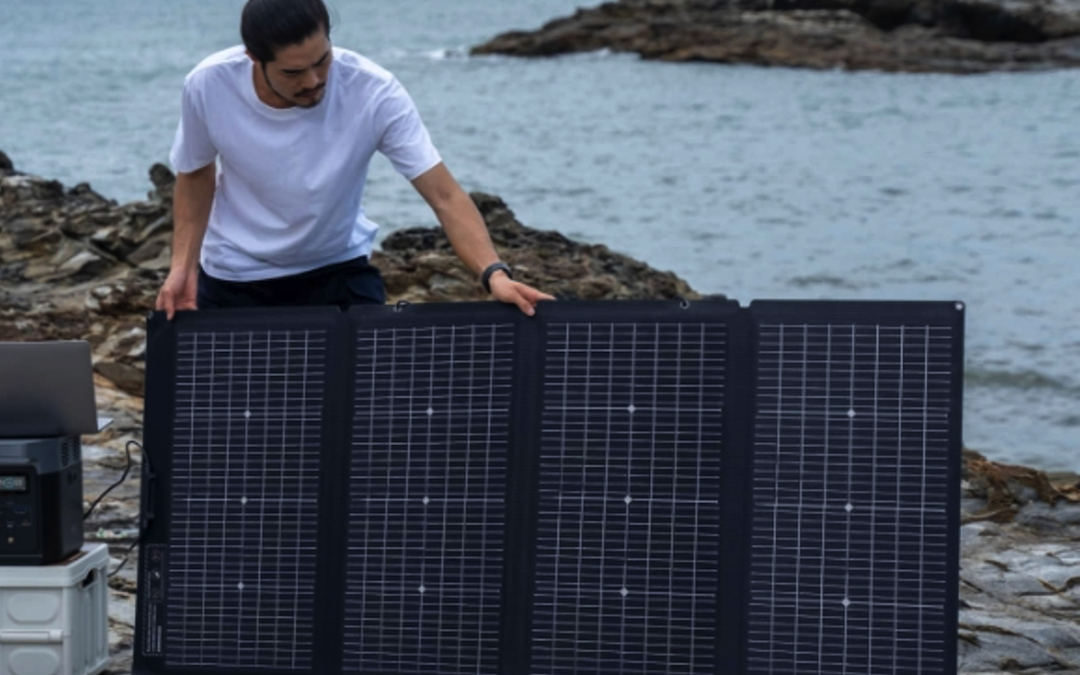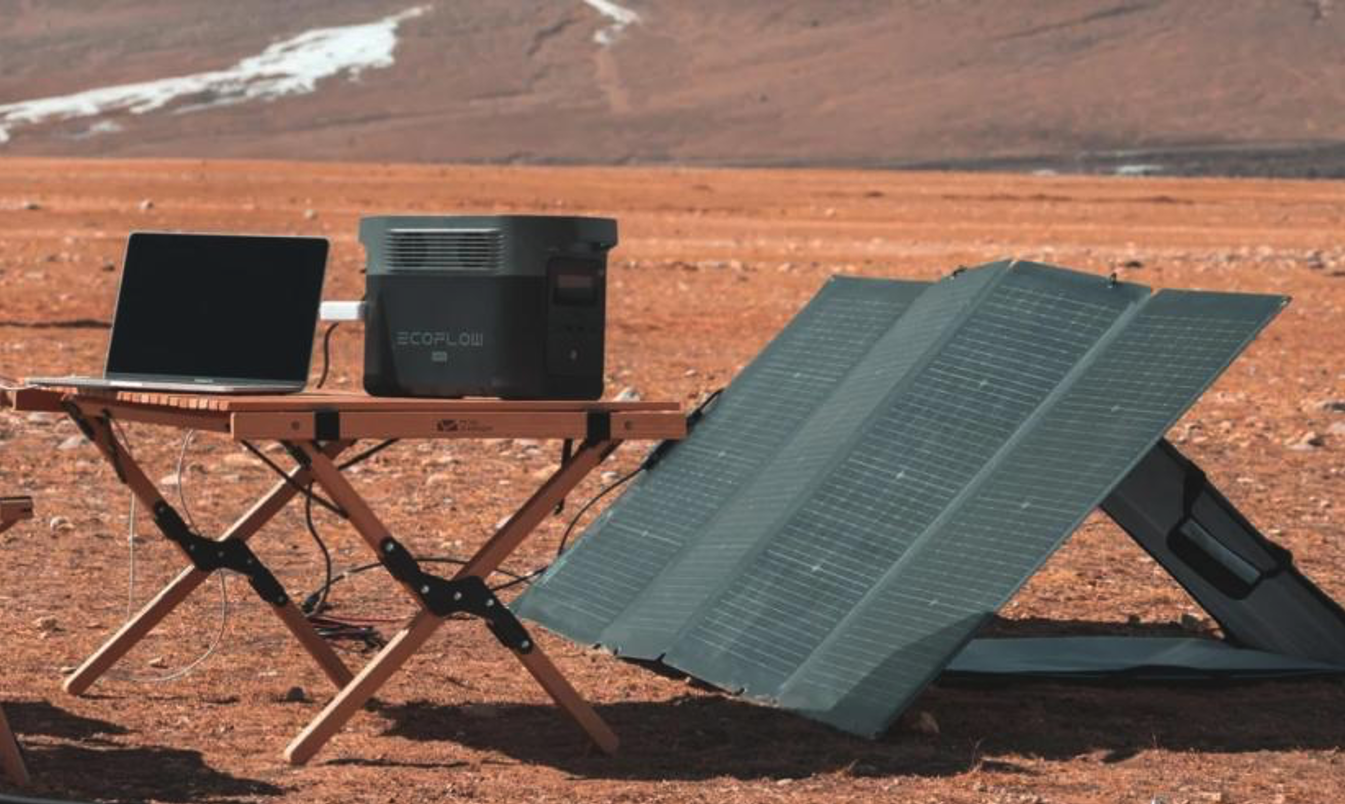
Solar panels are transforming how we think about energy consumption. They offer a clean, sustainable method to power our homes and devices. By tapping into the sun’s abundant energy, solar panels are paving the way for a greener future. Understanding how these panels generate electricity can empower you to make informed decisions, potentially saving money on energy bills and reducing your carbon footprint. This guide will explore the workings of solar panels, their types, and tips to maximize their efficiency.
What Are Solar Panels and How Do They Generate Energy?
Solar panels are devices that convert sunlight into electricity. They consist of many solar cells made from semiconducting materials like silicon. When sunlight hits these cells, it creates an electric field, producing a flow of electricity.
The Science Behind Solar Panels
The core scientific principle behind solar panels is the photovoltaic effect. When photons from sunlight strike the solar cells, they bump electrons loose from their atoms. As these electrons flow through the cell, they generate electricity. This direct conversion of light into electricity is efficient and sustainable.
Solar Cells: The Heart of Solar Panels
Solar cells are the essential components of solar panels. These cells are primarily made from silicon, a material known for its semiconducting properties. The efficiency of a solar panel heavily depends on the quality and type of solar cells used. For instance, EcoFlow’s high-efficiency monocrystalline cells are ideal for various applications, from household backup power to portable use.
How Solar Energy is Converted into Electricity
The conversion process starts when sunlight hits the solar cells, producing direct current (DC) electricity. This DC electricity is then fed to an inverter, which converts it to alternating current (AC) electricity, suitable for powering homes and devices. The generated electricity can be used immediately or stored in batteries for later use.
Types of Solar Panels: Which One is Right for You?
Selecting the right solar panel depends on your specific needs and circumstances. Several types are available, each with its own advantages and disadvantages.

Monocrystalline vs. Polycrystalline Solar Panels
Monocrystalline panels are made from single-crystal silicon and are known for their high efficiency and longevity. They are slightly more expensive but offer better performance in limited spaces. Polycrystalline panels are cheaper and less efficient, made from multiple silicon crystals. They are cost-effective but take up more space.
Thin-Film Solar Panels: Pros and Cons
Thin-film panels are lightweight and flexible, making them ideal for unconventional applications like integration into building materials or portable use. However, they offer lower efficiency than crystalline panels. Their lower production costs can make them attractive despite the efficiency trade-off.
Hybrid Solar Panels: Efficiency and Cost
Hybrid solar panels combine the best features of monocrystalline and polycrystalline panels. They offer higher efficiency and better performance under various conditions, albeit at a higher cost. These panels are suitable for users looking to maximize energy output and long-term savings.
How to Maximize Your Solar Panel’s Efficiency
Optimal performance depends on several factors. Ensure your panels are installed in locations with maximum sun exposure, avoid shading, and regularly clean the panels to remove dust and debris. Investing in high-quality panels like EcoFlow’s, with their up to 25% conversion rate, can also boost efficiency. Also, using adjustable mounts can help position the panels for maximum sun exposure throughout the year.
Conclusion
Understanding solar panels and their benefits can help you make better decisions regarding energy consumption. By selecting the right type of solar panel and optimizing their use, you can significantly impact your energy savings and contribute to a more sustainable future. Solar panels like EcoFlow’s offer flexibility, efficiency, and durability, ensuring you harness the full potential of solar energy, whether for home use or on-the-go applications. Embrace solar technology today for a cleaner and more economical energy solution.
Share this post
Leave a comment
All comments are moderated. Spammy and bot submitted comments are deleted. Please submit the comments that are helpful to others, and we'll approve your comments. A comment that includes outbound link will only be approved if the content is relevant to the topic, and has some value to our readers.

Comments (0)
No comment